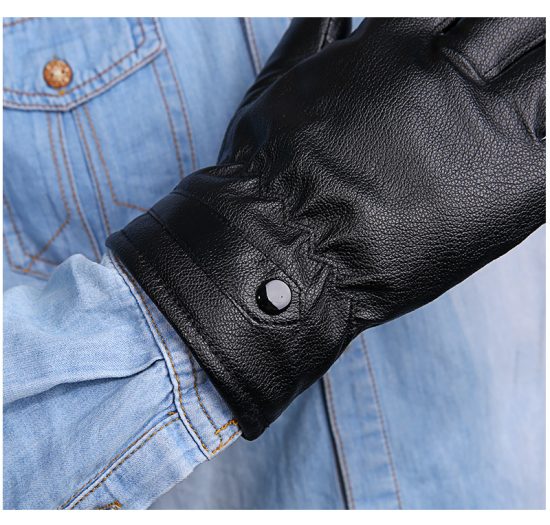When considering rubber coated gloves from an eco-friendly perspective, there are several factors to consider. Here are some aspects that make certain rubber coated gloves more environmentally friendly:
- Material Selection: Opt for gloves made from eco-friendly materials such as natural rubber or sustainable alternatives like biodegradable nitrile. These materials have a lower environmental impact compared to gloves made from synthetic rubber or PVC.
- Biodegradability: Look for gloves that are biodegradable or have a shorter decomposition time. Biodegradable gloves break down naturally over time, reducing their impact on landfills and the environment.
- Chemical-Free Manufacturing: Choose gloves that are manufactured using eco-friendly processes without the use of harmful chemicals, toxins, or hazardous substances. This ensures the gloves are free from harmful residues that can impact the environment.
- Sustainable Production Practices: Select gloves from manufacturers that prioritize sustainable production practices. This may include using renewable energy sources, reducing water usage, minimizing waste generation, or implementing recycling initiatives.
- Reusability and Durability: Consider gloves that are designed for long-term use and offer high durability. Gloves that can withstand repeated use reduce the need for frequent replacements, leading to less waste and resource consumption.
- Recyclable Packaging: Check if the gloves come in recyclable or eco-friendly packaging. Packaging made from recycled materials or that can be recycled helps minimize waste and supports a circular economy.
- Responsible Disposal: Follow proper disposal practices for rubber coated gloves. If the gloves are not biodegradable, dispose of them in accordance with local regulations and guidelines. Look for recycling programs or organizations that specialize in recycling rubber gloves if available.
- Ethical Manufacturing: Choose gloves from manufacturers that follow ethical and sustainable practices throughout their supply chain. This includes fair treatment of workers, adherence to labor standards, and responsible sourcing of materials.
- Environmental Certifications: Look for gloves that carry environmental certifications or endorsements from recognized organizations. These certifications indicate that the gloves meet specific environmental standards and criteria.
- Extended Product Life: Take care of your rubber coated gloves to extend their lifespan. Proper cleaning, maintenance, and storage can help prolong their usability, reducing the frequency of replacement.
By considering these eco-friendly aspects when selecting rubber coated gloves, you can make a more sustainable choice. Remember to prioritize gloves that align with your specific requirements while also considering their environmental impact.


